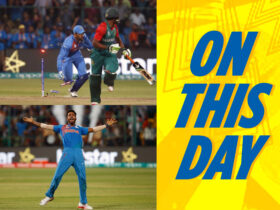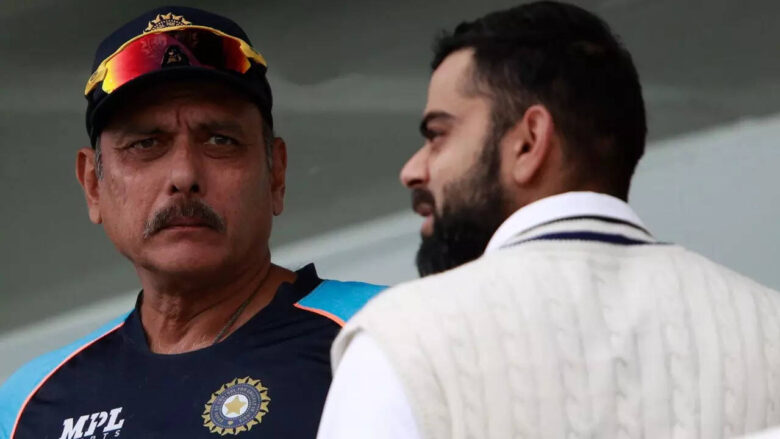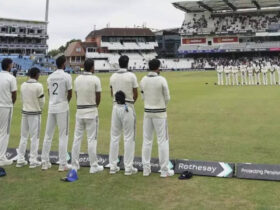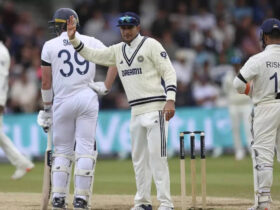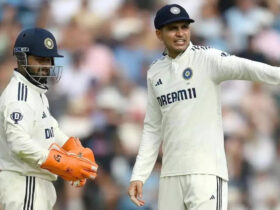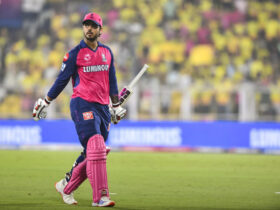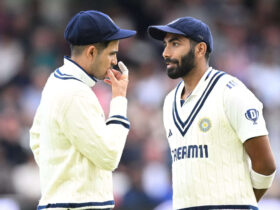Ravi Shastri’s Emotional Verdict: ‘Virat Kohli’s Retirement Could Have Been Handled Better’
In a poignant and heartfelt reflection, former India head coach Ravi Shastri expressed deep sadness over Virat Kohli’s abrupt retirement from Test cricket. Speaking on Sony Sports Network’s program ‘Bharat Tum Chale Chalo: Kahani 21-22 Ki’, Shastri, who guided Kohli during a transformative era of Indian cricket, suggested that the exit of one of India’s greatest Test batsmen could have been managed with greater sensitivity and communication.
Kohli, whose illustrious Test career began against the West Indies in 2011, called time on his journey in the longest format ahead of the upcoming England tour. With 9,230 runs from 123 Tests at an impressive average of 46.85, including 30 centuries and 31 fifties, he retires as India’s fourth-highest run-scorer in Test cricket. Beyond numbers, his legacy is etched in his unwavering passion for the format, particularly on foreign soil, where he inspired iconic victories like the one at Lord’s in 2021.
Shastri’s voice trembled with emotion as he reminisced about Kohli’s impact. ‘Virat has been a great player, a true ambassador for Test cricket. It’s not just about stats; it’s the way he carried himself, the fire he brought, especially overseas. That Lord’s Test, turning the tide with sheer grit—it was unreal. I’m proud to have been part of that journey,’ Shastri remarked. However, he didn’t shy away from voicing his disappointment over the suddenness of Kohli’s exit. ‘I feel sad that he’s gone this way. It could have been handled better, perhaps with more dialogue. If I had a say, I would have reinstated him as captain right after the historic Australia series win in 2018-19.’
Kohli’s tenure as India’s Test captain remains unparalleled, with 40 wins in 68 matches, making him the country’s most successful leader in the format. Under his stewardship, India forged a fearsome pace attack led by the likes of Jasprit Bumrah and Mohammed Shami, embraced a fitness-first culture, and played an aggressive brand of cricket that conquered challenging conditions worldwide—from the Gabba in Brisbane to Centurion in South Africa.
As Indian cricket moves forward, Shastri’s words serve as a reminder of Kohli’s immense contribution to Test cricket and the void his departure leaves. The question lingers: could a more nuanced approach have delayed this farewell, allowing fans one last glimpse of the ‘King’ in whites? For now, Kohli’s Test chapter closes, but his legacy as a warrior of the five-day game will inspire generations to come.


